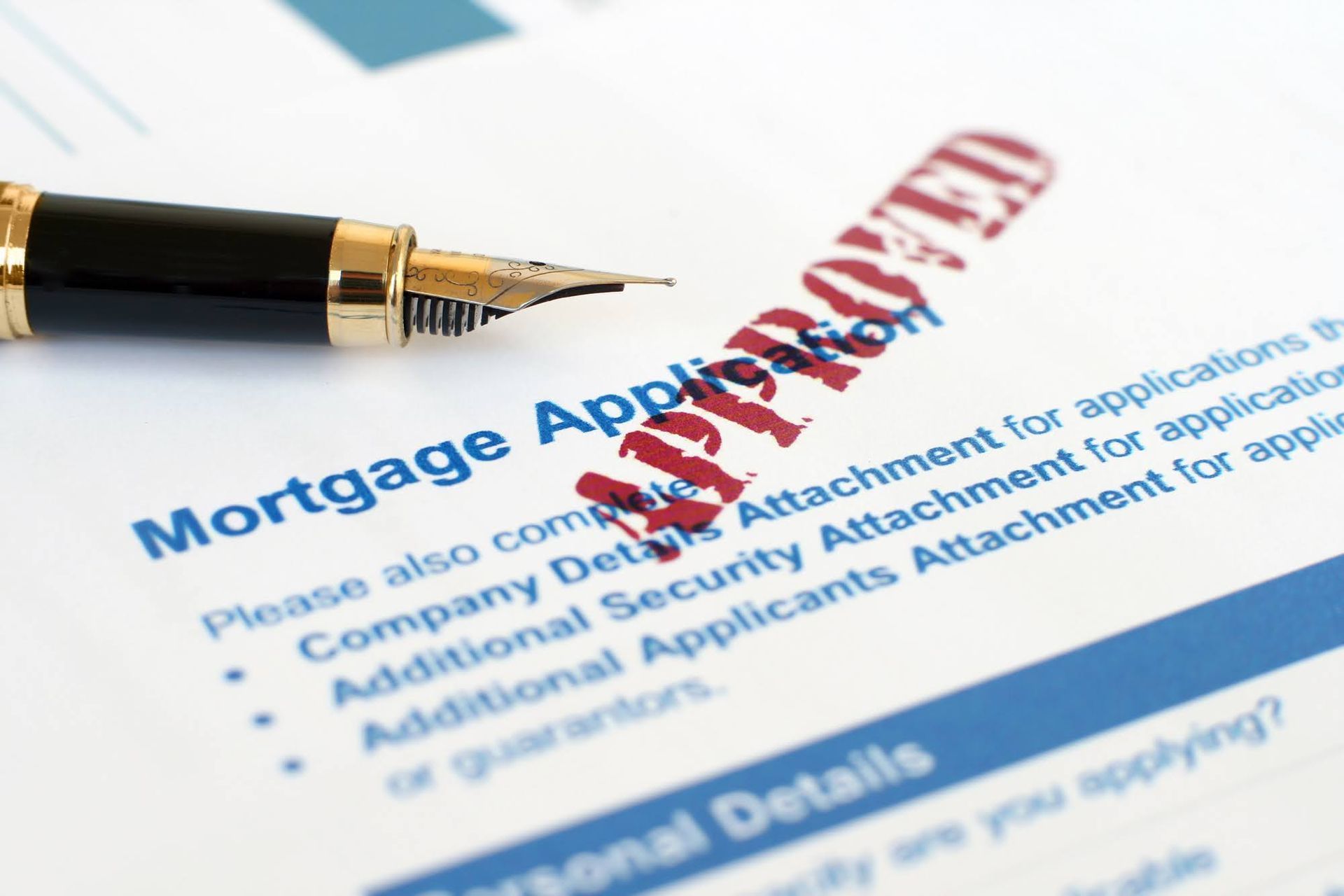5 Considerations To Prove When You Apply for a Mortgage

Most mortgage providers implement the ability-to-repay guideline as they screen applicants, which assures that the applicants can afford the loans they want. This critical regulation ensures the safety of borrowers and lenders alike by encouraging ethical lending practices. Learn about five essential considerations lenders typically examine to determine your ability to repay the mortgage.
1. Identity
You must demonstrate your valid identification with documents like a birth certificate and a driver's license when you request a mortgage.
This proof of identity may include an up-to-date utility bill, account statement, or credit card statement in addition to a current photo identification (ID). The information on these documents, such as your name and residence, must be consistent and no older than three months.
You and your co-buyer(s) must present a recent utility bill in your name. If you are not an American citizen, you may also have to present immigration paperwork like a green card, an employment authorization record, or a valid visa. These records may also require authentication to prove legitimacy.
2. Income
Financial institutions must confirm that you can access consistent funds to qualify for a mortgage loan.
For example, you can offer pay stubs from the previous month to show your employer's identity, remittance date, and total and net compensation. Alternatively, you can offer your W-2 form from the previous year, which highlights your pay, taxes, and other deductions.
You must prove that you will continue to earn alimony or child support payments for a minimum of three years after you apply for a mortgage. A certified copy of the court decree might suffice.
For the self-employed, lenders need evidence of two years of consistent self-employment in the same sector. You will also need a cash-flow assessment and profit statement verified by a licensed accountant and two years of federal tax filings.
3. Assets
Lenders will want to examine bank and investment account records to prove your financial health. An applicant's bank statements must be unaltered and current, at least within the past two months.
You can present your pension plans, 401(k)s, equities, and certificates of deposit to demonstrate your investment capabilities.
If the application includes a gift of money, the donor should sign a gift letter that states that the recipient is under no obligation to repay the gift. All the paperwork presented should give a clear picture of the applicant's ability to pay for the deposit and closing expenses.
4. Credit
A mortgage lender will check your credit background and score when you apply for a loan. Your credit report and rating will determine the type of loan you can get. In most cases, a better credit score means a more favorable interest rate.
Lenders will verify your credit history after you permit them to do so, either verbally or in writing. The lender might request a letter of explanation for any negative information on your credit report, such as payment delays, collections, verdicts, or other negative elements.
5. Renting History
Finally, lenders may inquire about your rental history to verify your reliability in making payments on time. They may ask to see a year's worth of rent checks that your property manager or owner cashed, so double-check that the property owner has done so. Lenders may also ask for proof you paid your rent on time during the past year. This information is especially crucial if you have a limited credit history.
The mortgage application process can sometimes feel overwhelming due to the extensive documentation lenders require. Consequently, a closing notary can help you navigate this complex process as you apply for a mortgage.
Contact the Law Office of Steven Kurlander if you need notary closing services in the Catskill, Hudson Valley, or Monticello, NY, regions.









